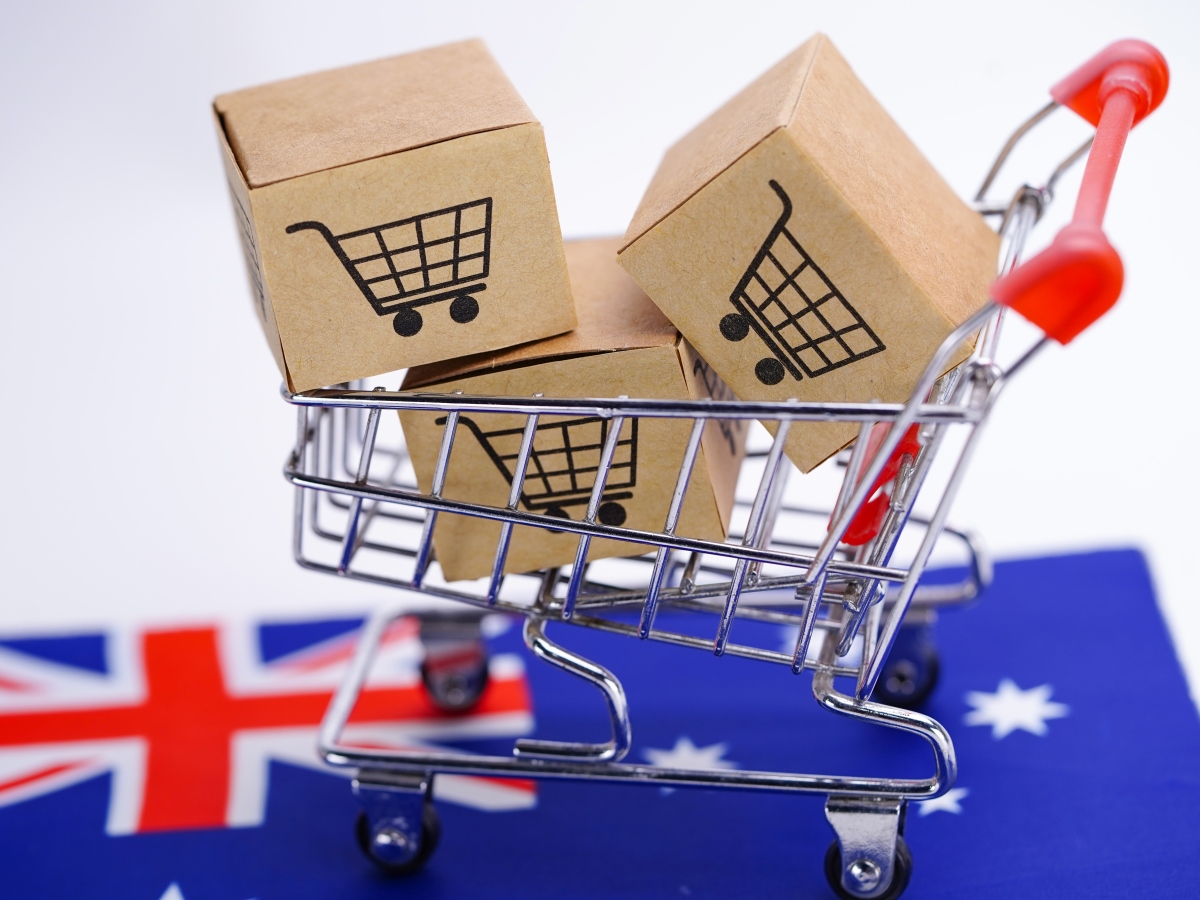With the first Australian Made Week debuting next Monday, Roy Morgan‘s latest survey will be music to the ears of the organisers. According to the researcher, 93 per cent of Aussies say they were more likely to buy Australian-made products – up from 87 per cent a year earlier.
But what of products from our other major trading partners? An interesting question for beauty retailers as the overwhelming bulk of popular cosmetic brands sold in Australia comes from France, the US, Germany and increasingly Japan and South Korea.
China is Australia’s number one trading partner and suffered the biggest decline in consumer preferences over the past year – from 30 per cent to 21 per cent – notes Roy Morgan.
New Zealand won out in the most favoured nation stakes with 55 per cent of Australians saying they are more likely to buy products made in New Zealand. Close on the heels of our nearest neighbour were the UK (51%), the US (47%), Japan and Germany (both 46%).
Asian trade partners such as Singapore, South Korea, India and Malaysia also scored well with Australian consumers, attracting 34 per cent, 29 per cent and 17 per cent likely-to-buy ratings for their products.
Roy Morgan says that Australia’s closed borders policies have strongly contributed to growth in popularity of locally-made products.
Australian-made products have experienced a surge in support during 2020 with a large majority of 93 per cent of Australians more likely to buy a product that is “made in Australia”, up 6 points from 2019, says Michele Levine, CEO of Roy Morgan. Less than 1 per cent of Australians say they are less likely to buy a product that is “made in Australia” – unchanged from a year ago.
“Although the preference for Australian-made goods is very high across all age groups, it is Baby Boomers (96%) and Generation X (94%), who are even more likely to prefer Australian-made products than other generations,” she said.

